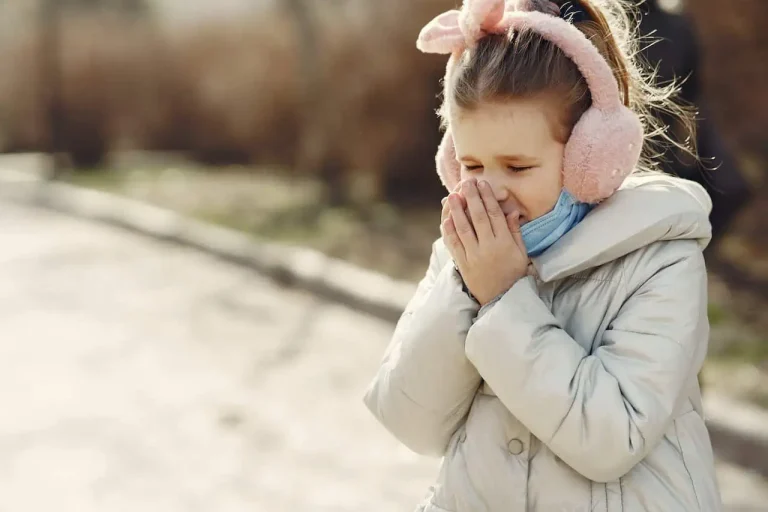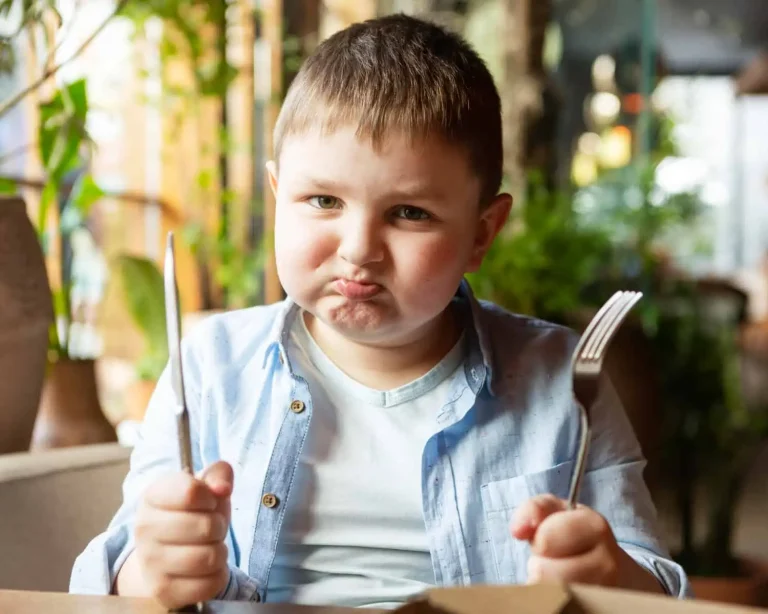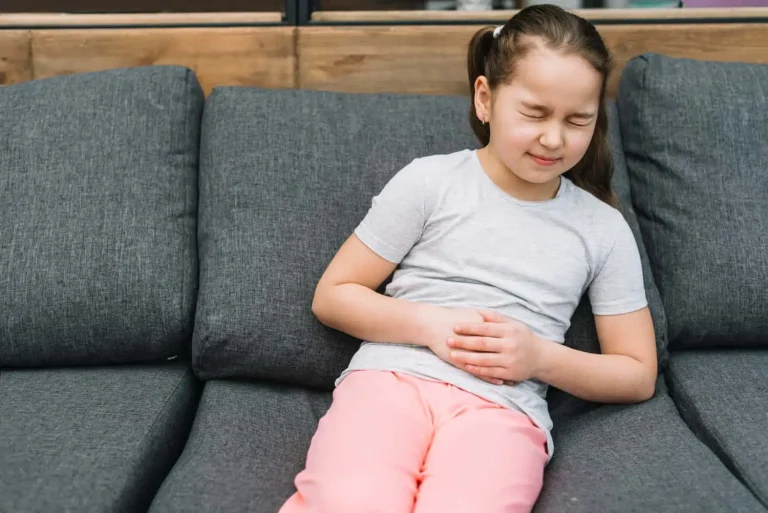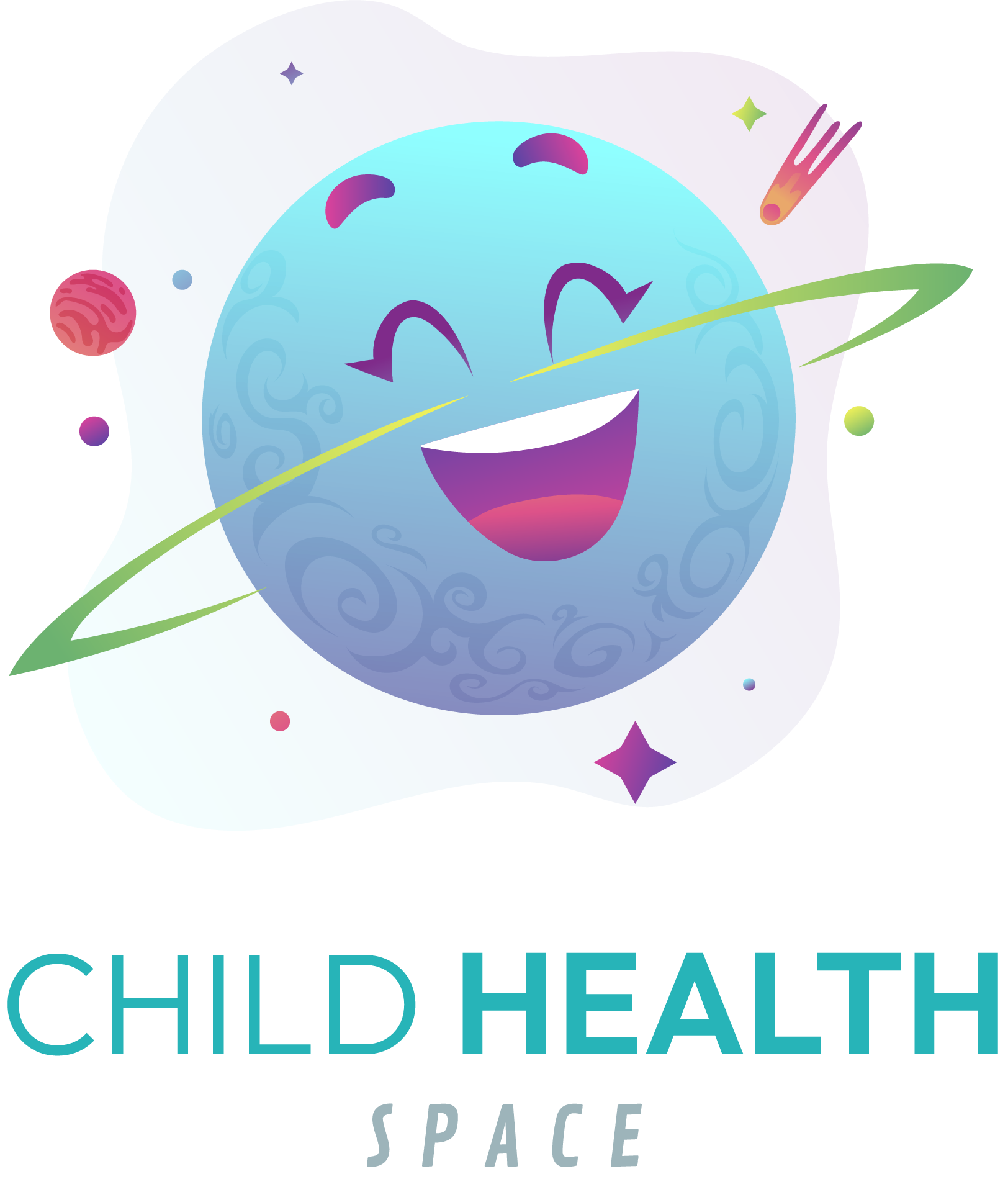The Worst Age for Children to Face Divorce of their Parents: How To Recover?
Introduction:
Divorce can be a traumatic experience for everyone involved, especially for children. It can be a challenging time for parents to navigate the process while ensuring that their children are not adversely affected by the separation. It is well known that parents separation can affect children of all ages, but some ages may be more vulnerable than others. In this article, we will explore the worst age for children to face divorce and how parents can help their children recover.

Table of Contents:
1. The Effects of Divorce on Children
a. Psychological Impact
b. Social Impact
c. Physical Impact
2. Worst Age for Divorce
a. Early Childhood
b. Adolescence
3. Facts and Data
4. How to Recover
5. Conclusion
6. FAQs
1. The Effects of Divorce on Children:
Divorce can have a profound impact on children, and its effects can be long-lasting. Some of the effects include:
- Emotional and psychological distress
- Changes in behavior, like hostility or disengagement
- Academic problems
- Physical health issues, such as headaches or stomachaches
- Increased risk of substance abuse
- Difficulty forming and maintaining relationships
These effects can vary in intensity depending on the age of the child.
a. Psychological Impact:
Divorce can have a significant psychological impact on children. Children may experience feelings of sadness, anger, guilt, and confusion. They may blame themselves for the divorce, even if it was not their fault. Children may also feel abandoned or rejected by the parent who leaves the family. This can lead to a loss of self-esteem and trust issues. Children may also have difficulty expressing their emotions and may struggle with depression and anxiety.

b. Social Impact:
Divorce can also have a social impact on children. They may experience a loss of social support and may struggle to maintain relationships with friends and family members. Children may also face social stigma and bullying from peers who come from intact families. This could make them feel alone and isolated.

c. Physical Impact:
Divorce can have a physical impact on children. Children may experience stress-related health problems, such as headaches, stomachaches, and sleep disturbances. They may also have a weakened immune system, making them more susceptible to illness.

2. Worst Age for Children to Face Divorce of their Parents:
While divorce can affect children of all ages, some ages may be more vulnerable than others.
a. Early Childhood
Children in early childhood (ages 2-6) are particularly vulnerable to the effects of divorce. They may struggle with the concept of parents separation and may blame themselves for the separation. Children in this age group may also have difficulty understanding their emotions and may struggle with communication. They may become clingy or regress in their behavior, such as bed-wetting or thumb-sucking.
b. Adolescence:
Adolescents (ages 12-18) may also be vulnerable to the effects of divorce. They may struggle with their own identity and may feel a sense of loss or betrayal when their parents separation. Adolescents may also have difficulty expressing their emotions and may turn to risky behaviors, such as substance abuse, to cope with their feelings. They could also have social and intellectual difficulties.
3. Facts and Data
According to the American Psychological Association, about 40-50% of marriages in the United States end in divorce. As a result, millions of children are affected by divorce each year. While divorce can be challenging for children of all ages, some ages may be more vulnerable than others.
4. How to Recover:
Recovering from a divorce can be a long and difficult process for children. However, there are things parents can do to help their children through the healing process.
a. Communication:
One of the most important things parents can do is to communicate with their children about the divorce. Children need to understand what is happening and why. Parents should be honest with their children but also provide age-appropriate explanations. It’s important to reassure children that their separation is not their fault and that both parents still love them.
b. Consistency and Routine:
Another important aspect of recovery is consistency and routine. Children need stability and structure, especially during times of stress and uncertainty. Parents should maintain regular routines, such as mealtimes and bedtimes, and provide consistency in parenting styles and rules.
7. FAQs
Q. What is the worst age for children to experience their parents’ divorce?
A. According to research, the worst age for children to experience their parents’ divorce is between 6 and 12 years old. This age range is particularly sensitive because children are still developing their understanding of the world around them, and their attachment to their parents is incredibly strong. They are old enough to understand what is happening, but they are not yet equipped with the emotional maturity to fully process and cope with the situation.
Q. How does divorce impact children of this age range?
A. Divorce can have a significant impact on children in this age range. Children may experience a range of emotions, including anger, sadness, confusion, and anxiety. They may also struggle with feelings of guilt or blame themselves for the divorce. Children may experience changes in their behavior, including a decline in academic performance, social withdrawal, and difficulty concentrating. They may also struggle with their relationships with their parents and experience a sense of loss or rejection.
Q. How can parents help their children through the divorce process?
A. Parents can take several steps to help their children through the divorce process. First, it is essential to be honest with children about what is happening while also being mindful of their emotional state. Children need to feel heard and supported, so it is important to create an open and safe environment for them to express their feelings. Parents should also avoid placing blame or speaking negatively about the other parent in front of their children.
Q. What are some strategies for helping children recover from divorce?
A. Recovery from divorce can take time, but there are several strategies that parents can use to support their children. Encouraging open communication and offering emotional support can help children feel heard and validated. Parents can also involve their children in activities that they enjoy and encourage them to pursue their interests. Seeking the help of a therapist or counselor can also be beneficial for children who are struggling to cope with the effects of divorce.
Q. Can divorce have a positive impact on children?
A. While divorce can be a challenging experience for children, it can also have positive outcomes. In some cases, divorce can lead to a healthier and happier home life for children, particularly if there was conflict or tension in the household before the divorce. Children may also learn valuable coping skills and resilience through the experience of divorce.
Q. What are some common emotions children experience during a divorce?
A. Children may experience a range of emotions, including anger, sadness, confusion, and anxiety.
Q. How can parents help their children maintain relationships with both parents after a divorce?
A. Parents can encourage their children to spend time with both parents and avoid speaking negatively about the other parent in front of their children.







